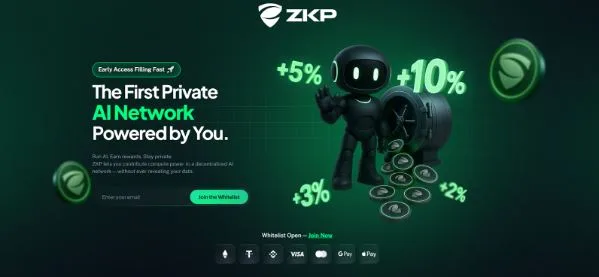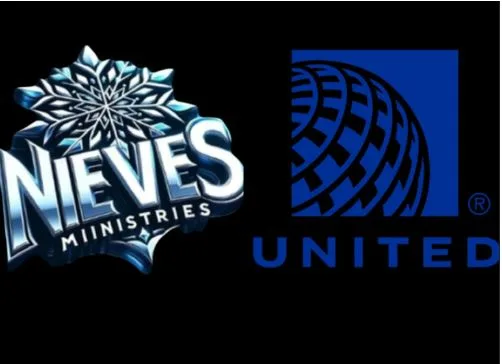How Zero Knowledge Proof Enable Secure and Private Data Sharing
In today’s data-driven world, privacy and security are often at odds. On one hand, organizations need access to vast amounts of data to train artificial intelligence (AI) models and improve efficiency. On the other hand, users and businesses alike are more cautious about sharing sensitive information. This is where Zero Knowledge Proof (ZKP) comes in, a groundbreaking cryptographic technique that allows one party to prove they know something without actually revealing the underlying data.
In simple terms, imagine proving your identity without showing your ID card or sharing your password. That’s the essence of Zero Knowledge Proof. It verifies truth without exposing details, a game-changer for industries like finance, healthcare, and especially AI-powered blockchain systems.
Why Privacy Is Crucial in Data Sharing
Before diving deeper, let’s step back and understand why privacy matters so much in data sharing. Every day, massive datasets flow between companies, institutions, and cloud systems. From personal health records to financial transactions, this data fuels innovation — but it also creates risks.
Data leaks, unauthorized access, and misuse of private information can have devastating consequences. Traditional encryption helps to some extent, but once data is decrypted for use, it becomes vulnerable again. This is where Zero Knowledge Proof brings a unique advantage: it allows data validation and interaction without revealing the raw data itself.
How Zero Knowledge Proof Works
At its core, a Zero Knowledge Proof involves two parties:
- The Prover: who wants to prove that they know a piece of information.
- The Verifier: who needs to be convinced that the prover is telling the truth — without seeing the actual information.
The process uses a series of mathematical computations to create proofs that can be independently verified. The verifier becomes confident that the claim is true, yet remains blind to the underlying data.
For example, in a blockchain environment, ZKP can confirm that a transaction is valid without revealing the sender, receiver, or transaction amount. This enables both transparency and confidentiality, a balance that traditional systems struggle to achieve.
Zero Knowledge Proof in AI-Powered Blockchain
Now let’s explore how Zero Knowledge Proof is transforming AI and blockchain integration. AI systems thrive on data they analyze patterns, make predictions, and learn from vast information sources. However, feeding sensitive or proprietary data into AI models raises serious privacy concerns.
By leveraging Zero Knowledge Proof for AI-powered blockchain, organizations can perform AI computations securely within decentralized infrastructures. Here’s how:
- Privacy-First Compute: ZKPs ensure that AI models can access and process data without ever seeing the original dataset. This allows sensitive information to remain encrypted throughout the entire computation.
- Secure Data Sharing: Instead of transferring raw data between parties, Zero Knowledge Proof allows only the proof of validity to move across networks. This protects ownership and confidentiality while still enabling collaboration.
- Decentralized Infrastructure: When combined with blockchain, ZKPs empower a trustless environment where AI systems operate transparently, verifiably, and securely, all without relying on centralized control.
This combination is shaping the next generation of digital ecosystems, where AI models can train and operate efficiently while preserving user privacy and data integrity.
Real-World Applications and Benefits
The applications of ZKPs go far beyond theoretical discussions they’re already redefining industries:
- Finance: In decentralized finance (DeFi), ZKPs are used to validate transactions and smart contracts while keeping account details private.
- Healthcare: Medical researchers can verify the authenticity of data without accessing patients’ private records, enabling secure collaboration across institutions.
- Supply Chain: Businesses can prove product authenticity and ethical sourcing without exposing trade secrets or supplier details.
- AI Training: Developers can build and test models on encrypted datasets, protecting both intellectual property and personal privacy.
In each case, the benefit is clear transparency without exposure, accountability without compromise, and trust without dependence on intermediaries.
Challenges Ahead and Future Outlook
While the potential of ZKPs is enormous, there are still technical and computational challenges to overcome. Generating and verifying proofs can be resource-intensive, which limits scalability for large-scale systems. However, advancements like zk-SNARKs and zk-STARKs are making ZKPs faster and more efficient.
In the coming years, as AI and blockchain technologies continue to evolve, we can expect ZKPs to play a central role in shaping digital trust frameworks. They offer the foundation for privacy-preserving computation, something increasingly vital in our hyper-connected world.
Final Thoughts
The world is moving toward an era where data is both the most valuable and most vulnerable asset. Balancing innovation with privacy has become one of the greatest challenges of our time. Zero Knowledge Proof provides a smart, forward-looking solution — enabling organizations to share, compute, and collaborate securely without exposing sensitive information.
By exploring Zero Knowledge Proof for AI-powered blockchain, we’re not just improving security we’re building a more private, trustworthy, and decentralized digital future. This privacy-first approach could very well be the cornerstone of next-generation AI and blockchain ecosystems, empowering users to take control of their data while still driving progress and innovation.





